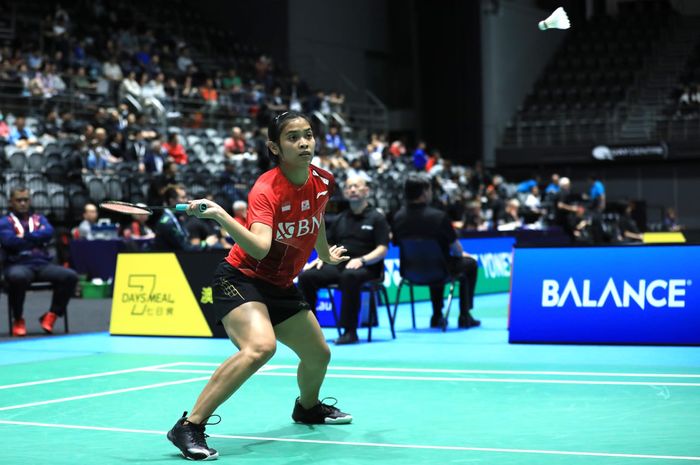Political parties play an essential role in unifying and representing the political views of individuals at the central and local government levels. Therefore, the parties’ activities must be transparent and trustworthy.
The law on the supervision of political parties and party finances is outdated, drawing particular attention to the problem in a security situation where the motivation for hostile foreign agents to interfere in our domestic politics is at its highest in decades. Lack of control makes our internal and party political decision-making processes more vulnerable.
Party finances cannot be misunderstood
Parties must instill certainty in their voters, regardless of their ideological beliefs. Therefore, party funding serves as the basis for people’s political security, independence and trust.
Unfortunately, financial scandals and the dubious financing of large electoral campaigns have undermined the credibility of many parties and questioned their political independence. Uncertainty about party funding directly harms our democratic values and decision-making processes, even our sovereignty.
In cases where party candidates tend to be elected ahead of independents, there can be no misunderstanding or suspicion about political party funding. The reality in Estonia is different, and many parties that have spent decades in the Riigikogu and city councils have come under suspicion of powerful business interests.
If until recently it was mainly about corruption tendencies and suspicions, today we operate in a completely new security situation, so it is necessary to subject party finances to stricter scrutiny.
Russia is no longer hiding what it used to and plans to continue to interfere in other countries’ elections. Russian businessman and founder of mercenary company “Vagners” Yevgeniy Prigozhin has admitted that he meddled in the US presidential election and plans to do so in the future.
Latvia’s Justice Minister Dženisa Burdena said in October that Russia could finance at least four political parties in Latvia before the latest elections. We know many examples from Western Europe: Austria, France, etc. It would be very naïve to think that Russian money doesn’t find its way into Estonian politics.
On the expansion of the mandate of FRYK
Despite the difficult security situation, no significant changes have been made to party funding and adequate oversight for eight years. The world has changed and so have the risk assessments that require us to make the necessary changes to the law on political parties to protect our democratic electoral processes, decision-making processes and sovereignty.
It is quite strange how Estonia is introducing successive changes in financial supervision, while the transparency of financing of the parties driving these processes has completely reduced. There were many possibilities. For example, the draft regulations on amendments to the May law on political parties and the law on credit institutions outline principles that should be implemented as soon as possible.
In particular, it is about giving more powers to the Financial Supervision Committee of Political Parties (FYR), updating the rules governing illegal donations and an effective way to identify so-called party organizations.
The bill includes a number of minor changes that will help us determine the origin of the funds received by the parties. It is important to note that this is not a recent political initiative, as the related proposals were presented by the Ministry of Justice in 2021.
I advised the Minister of Justice (Lea Danielson Jarga – ed) to accelerate these proposals in September, as boycotting the bill is not fair to voters in the current security situation and in light of the forthcoming elections. We must give Parliament, as the highest decision-making body, the opportunity to discuss these proposals.
Enabling these controls, and therefore FRYK, is especially important now that the threat of foreign agents seeking ways to interfere in our domestic politics is greater than it has been in decades. In addition to information operations, the potential weakness of parties can be used by the enemy to influence local political processes and destabilize society.
Increasing the transparency of party funding is a matter of national security, international reputation and political stability. We need to know who finances our parties, why and for what purpose. ERJK is the first point of contact who can report to the relevant law enforcement authorities in case of suspicion. That is why it is important to broaden the commission’s mandate.
Politically, we can always ask whether it shouldn’t be possible to buy influence through extensive electoral campaigns in the first place. Social Democrats have noted for years that campaigns may need spending caps to improve the quality of debate rather than compete on campaign volume.
The main issue in elections shouldn’t be who can be most visible on the street or on television. If we want elections to advance our democracy rather than polarize it, we need to spend more on clarity and awareness and less on campaign materials.
Proposed amendments to the law on political parties have been submitted to the Riigikogu Legal Commission. The Justice Ministry has almost completed the bill, while the question remains whether the Justice Minister is ready to present it to the Riigikogu. If the minister deems it unnecessary, major changes can be initiated at the parliamentary level and without the initiative of the ministry.
–
Follow the news ERR Facebook And Chirping And never miss an update!


